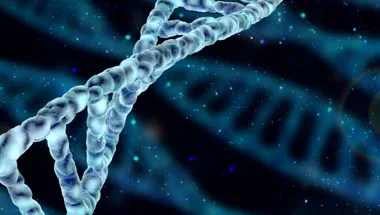
Biography
Many biomolecules, such as proteins and RNAs, can adopt more than one stable structure. The dynamic interplay between these different configurations determines the functional role of the molecule. While some of the transitory structures may be characterised in experiment, on many occasions the time scales of the motions are inaccessible to experimental techniques. Computer-based research can overcome such problems, and allow a detailed characterisation of these biomolecules. My group uses explicit energy landscape explorations in tandem with other computational approaches to describe the thermodynamic, kinetic and structural properties in detail, which provides new avenues to interpret experimental data. There are two key focuses for this work: 1. The study of non-coding RNAs (ncRNAs). ncRNAs are involved in many regulatory processes, for example in translation and transcription. Furthermore, they are essential to viruses and their associated molecular mechanisms of disease. A key challenge in studying ncRNAs is the structural polymorphism they exhibit, i.e. these molecules generally show highly diverse and dynamic structures. 2. The influence of perturbations on biomolecules with multiple stable configurations. The distinct configurations adopted by proteins and RNAs in many of these cases are well balanced. However, perturbations such as mutations, chemical modifications or environmental influences such as forces or pH will alter this balance. As result, function may be gained or lost, and different structures might be stabilised. These possibilities not only make such perturbations an interesting way to study such molecules, but these changes also regularly occur in nature with significant impact.
Research

RNA Biology
RNA is at the forefront of biomedical research for its central role in how information is transferred from DNA to protein. This Research Interest Group is open to all interested parties from across the University.
Research

RNA Biology
RNA is at the forefront of biomedical research for its central role in how information is transferred from DNA to protein. This Research Interest Group is open to all interested parties from across the University.
